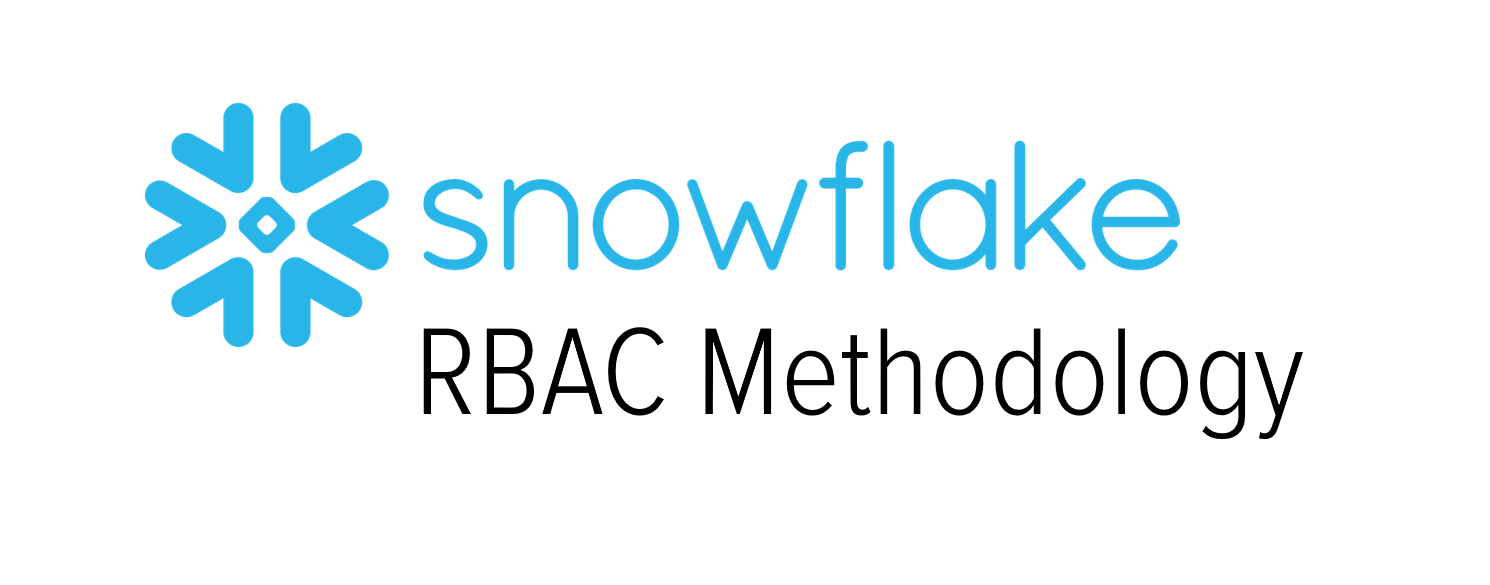Hadoop FAQ - But What About the DBAs?
- Do DBAs have a place at all in Big Data and Hadoop world? If so, what is that place?
- Do they need new skills? Which ones?
- Everyone knows DBA stands for "Default Blame Acceptor". Since the database is always blamed, DBAs typically have great troubleshooting skills, processes, and instincts. All of these are critical for good cluster admins.
- DBAs are used to manage systems with millions of knobs to turn, all of which have a critical impact on the performance and availability of the system. Hadoop is similar to databases in this sense - tons of configurations to fine-tune.
- DBAs, much more than sysadmins, are highly skilled in keeping developers in check and making sure no one accidentally causes critical performance issues on an entire system. This skill is critical when managing Hadoop clusters.
- DBA experience with DWH (especially Exadata) is very valuable. There are many similarities between DWH workloads and Hadoop workloads, and similar principles guide the management of the system.
- DBAs tend to be really good at writing their own monitoring jobs when needed. Every production database system I've seen has crontab file full of customized monitors and maintenance jobs. This skill continues to be critical for Hadoop system.
- They typically have more experience managing huge number of machines (much more so than DBAs).
- They have experience working with configuration management and deployment tools (puppet, chef), which is absolutely critical when managing large clusters.
- They can feel more comfortable digging in the OS and network when configuring and troubleshooting systems, which is an important part of Hadoop administration.
On this page
Share this
Share this
More resources
Learn more about Pythian by reading the following blogs and articles.
Cassandra and Vault - distributed secret store


Cassandra and Vault - distributed secret store
Mar 9, 2018 12:00:00 AM
4
min read
Locating most current record using ROW_NUMBER() vs. Index Full Scan (Min/Max)
![]()
Locating most current record using ROW_NUMBER() vs. Index Full Scan (Min/Max)
Dec 1, 2017 12:00:00 AM
5
min read
Methodology for Snowflake Role-Based Access Control


Methodology for Snowflake Role-Based Access Control
Sep 14, 2021 12:00:00 AM
6
min read
Ready to unlock value from your data?
With Pythian, you can accomplish your data transformation goals and more.
